EEUU/8 junio 2016/Autor: Alex Lenkei/Fuente: http://blogs.edweek.org/
Resumen:
Palabra del Sur , con sede en Nashville, Tenn., ofrece residencias de poesía para estudiantes de secundaria en el estado. Durante estas residencias, que tipicamente duran entre uno y diez días, los estudiantes practican la lectura, la escritura, y la realización de la poesía bajo la dirección de dos mentores poeta. El objetivo, según Benjamin Smith, director ejecutivo de la organización, es el desarrollo de las habilidades comunicativas de los alumnos y darles la posibilidad de compartir historias personales acerca de quiénes son.
A través de talleres de Southern palabra hablada-texto, programas de composición de canciones, y otras oportunidades de difusión, la organización tiende un puente sobre una «brecha cultural» que a menudo existe entre el plan de estudios de la clase y los estudiantes, así como profesores y estudiantes, especialmente en las comunidades de color, Smith agregó. A nivel nacional, menos del 2 por ciento de maestros de escuelas públicas son hombres de raza negra , una tendencia Sur Word intenta contrarrestar aumentando el número de modelos masculinos negros visibles para los estudiantes de aproximadamente la mitad de los mentores son hombres de raza negra. En 2015, el sur de la Palabra dio residencias a cerca de 4.000 estudiantes en cinco condados de Tennessee y talleres organizados en casi todas las escuelas secundarias de Nashville.
———————————————————————————————
Following the widespread praise of Donovan Livingston’s spoken-word poem, «Lift Off,» which went viral after he delivered it at the Harvard Graduate School of Education convocation last month, educators should take a closer look at the role spoken-word poetry can play in helping young people express themselves in creative ways. Of particular note is Livingston’s comment he shared prior to reading the poem, in which he shared how his high school English teacher «threatened to replace me or cut off my mic when she discovered that I wanted to perform a poem as part of my [graduation] remarks.»
Southern Word and Urban Word NYC are two examples of nonprofit organizations that bring spoken word into the classroom, providing in-school poetry workshops, primarily to youths of color.
Southern Word, based in Nashville, Tenn., offers poetry residencies for in-state high school students. During these residencies, which typically last between one and 10 days, students practice reading, writing, and performing poetry under the leadership of two poet mentors. The goal, according to Benjamin Smith, the organization’s executive director, is to develop students’ communication skills and give them the ability to share personal stories about who they are. The organization fills a need in schools that are «financially and culturally underresourced,» Smith said in a telephone interview with BookMarks.
Through Southern Word’s spoken-word workshops, songwriting programs, and other outreach opportunities, the organization bridges a «cultural gap» that often exists between the class curriculum and students as well as teachers and students, especially in communities of color, Smith added. Nationally, less than 2 percent of public school teachers are black men, a trend Southern Word tries to counter by increasing the number of black male role models visible to students—about half of the mentors are black men. In 2015, Southern Word gave residencies to about 4,000 students in five Tennessee counties and organized workshops in almost every Nashville high school.
In New York City, Urban Word NYC offers student workshops designed to empower middle and high school students by developing their public speaking skills and self-esteem. While Urban Word NYC primarily serves those in the city, the organization has partner programs in 35 cities across the country, including Chicago, Houston, and Los Angeles. The workshops, led by one or two poets, typically include a creative writing component, where students write a poem, as well as the opportunity to perform their poem for a group of 15-20 of their peers. Urban Word NYC primarily serves youths of color—40 percent of the students are African-American, 20 percent are Latino, and 18 percent are Asian or Pacific Islander, according to the organization’s 2015 annual report.
Since many of the most successful spoken-word poets are in their teens and early 20s, this form of poetry provides a good opportunity to reach students where they are, Urban Word executive director Michael Cirelli said in an interview with BookMarks. The organization also offers college scholarships, open mic events, and other opportunities.
For teachers interested in incorporating spoken-word lessons into their English classes, a 2015 article in English Journal, published by the National Council of Teachers of English, recommends a workshop structure that includes poetry analysis, sharing, and writing exercises. The article’s author, former English teacher Wendy Williams, stresses the importance of creating a safe space for students by reminding teachers and students to be respectful of each individual’s voice. Williams is currently a Ph.D. candidate in English education at Arizona State University.
Photo: U.S. Air Force photo/Senior Airman George Goslin
Fuente de la Noticia:
http://blogs.edweek.org/edweek/bookmarks/2016/06/bringing_spoken_word_into_the_classroom.html
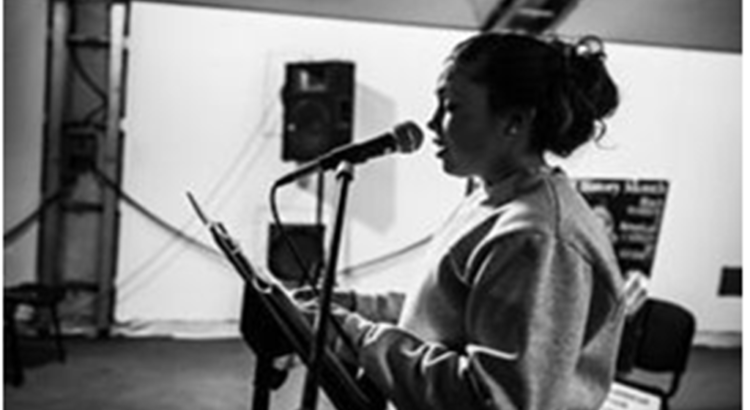
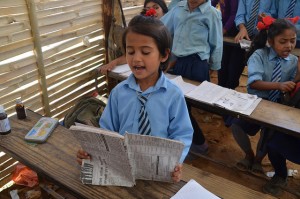
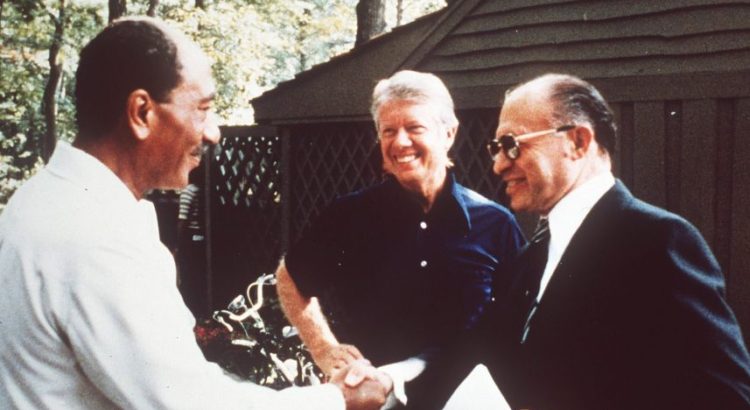
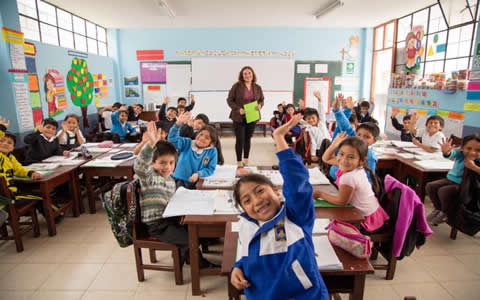


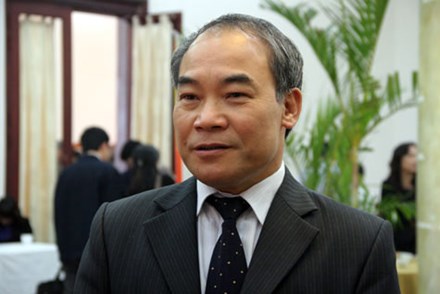







 Users Today : 186
Users Today : 186 Total Users : 35459781
Total Users : 35459781 Views Today : 346
Views Today : 346 Total views : 3418318
Total views : 3418318